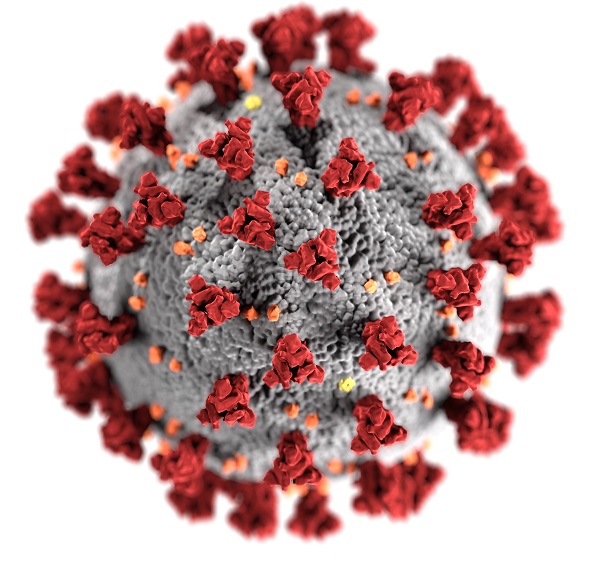- Can antibiotics be used to treat COVID?
Antibiotics cannot prevent or treat a viral infection, but they can be prescribed to deal with secondary bacterial infections. In COVID, they may be used to deal with a bacterial pneumonia that develops in COVID-damaged lungs. - Can I wear a mask over a beard?
The hair of a beard or mustache will make it difficult for a traditional mask to have a close seal with the face. This loose fit provides less of a barrier to prevent COVID transmission. Try a ‘duckbill’ mask to provide more space for even a full beard. - Can I get COVID twice?
Maybe. There are a few isolated reports of people contracting separate cases of COVID infections. Fortunately, in most of these cases symptoms were mild or asymptomatic. However, they could still spread COVID without symptoms. - Can my dog catch COVID?
There have been several reported cases of dogs, cats and even a tiger becoming infected with COVID. They had mild symptoms and recovered quickly. There is no evidence that pets can transmit the virus to human and its more likely that they can catch COVID from their humans. The CDC recommends that dogs and cats should be quarantined with the rest of the family. If someone in the home is diagnosed with COVID, take precautions to keep your cat or dog safe. If you have COVID, don’t pet or snuggle them and have them sleep in a separate room. If you live alone, wear a mask to feed or walk them. - Why do so many epidemics start in China?
China is a volatile mix of large numbers of people in close contact with many types of animals—and the germs they carry. Chinese prefer freshly killed meats, and live markets are ground zero for human contact with animal viruses. Add this to secretive policies and misinformation from the Chinese government, and you have the perfect storm for an animal-to-human viral epidemic. - Why are doctors using old drugs to treat COVID?
It can take years to develop a new FDA-approved, antiviral drug. Facing ICUs filled with seriously ill patients, doctors looked at already existing medications that had the potential to treat COVID. Some, like Remdesivir, have shown antiviral activity while others, like Dexamethasone and Tocilizumab, can calm potentially deadly inflammation. - Can the pneumonia vaccine protect me from COVID?
Not directly. The pneumonia vaccine protects you from pneumococcal bacteria, which are responsible for about 25% of pneumonia cases in the US. COVID-affected lungs can be vulnerable to develop this type of pneumonia, so this vaccine potentially can lower the risk of this complication. - Should children wear masks?
This recommendation keeps changing, but as of September 2020, all children over age 2 should wear masks outside of the home. Under age 4, child-size masks offer a better fit. For healthy children, a mask will protect a family from COVID exposure in school. When a child has an underlying health condition, e.g. heart disease, diabetes, or juvenile arthritis, wearing a mask will lower their risk of a serious COVID infection. - What is herd immunity?
Herd immunity develops when enough people are immune to a contagious disease either through infection or vaccination. This lowers the risk of either having or catching the disease in everyday situations. It varies with different diseases, but most experts believe that at least 70% of a population need to be immune to achieve herd protection. For a brand new and highly contagious disease like COVID, it can take several years to reach an adequate herd immunity.

